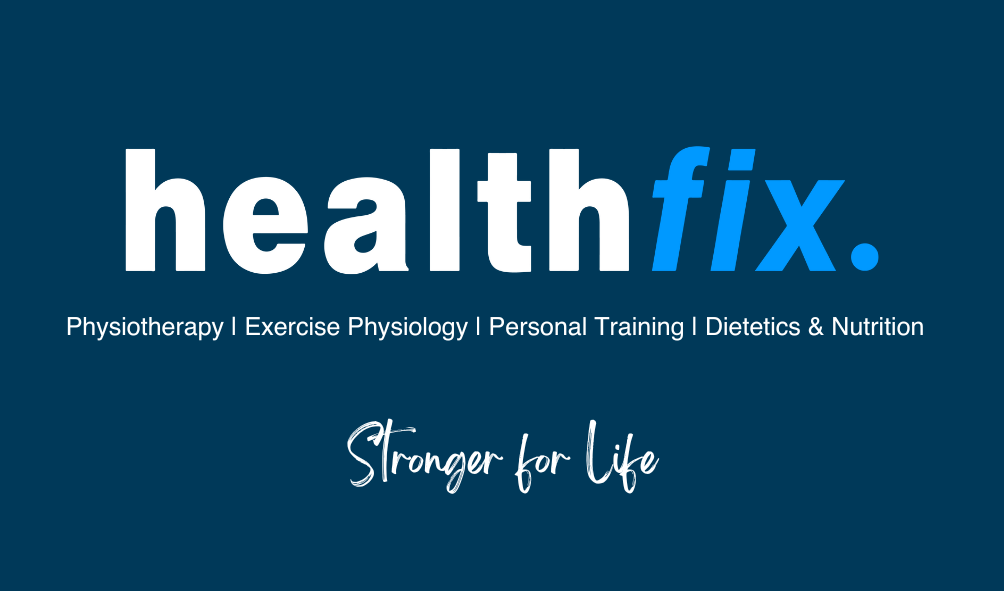
by Ash Cooney | About Healthfix
At Healthfix, our mission is to empower you for a healthier life. We understand that chronic diseases and recurring issues often lead people to use physiotherapy and healthcare as temporary fixes.Whether you’re managing a career, family, or personal health...

by Ash Cooney | Latest News
Let’s explore the transformative power of health and wellness coaching… Did you set a big goal for yourself this year? Perhaps it was to improve your overall health, achieve a specific fitness milestone, or simply feel more energised and alive. You...

by Ash Cooney | About Healthfix
In today’s fast-paced world, healthcare has evolved far beyond the traditional one-size-fits-all approach. People are seeking more comprehensive and personalised solutions to their health and wellness needs. This is where integrated healthcare comes into play,...

by Ash Cooney | Conditions, Latest News
Exploring All Things Diabetes with Dr. Devina Joshi: Expert Insights for Optimal Management At Healthfix we are passionate about empowering our community with valuable information and resources for a healthier and happier life. Today, we are excited to share an...

by Ash Cooney | About Healthfix, Conditions, Latest News
According to the World Health Organization, diabetes affects over 420 million people worldwide, with numbers expected to rise in the coming years. Diabetes is a chronic disease that affects the way the body processes glucose, a type of sugar that is the body’s...






